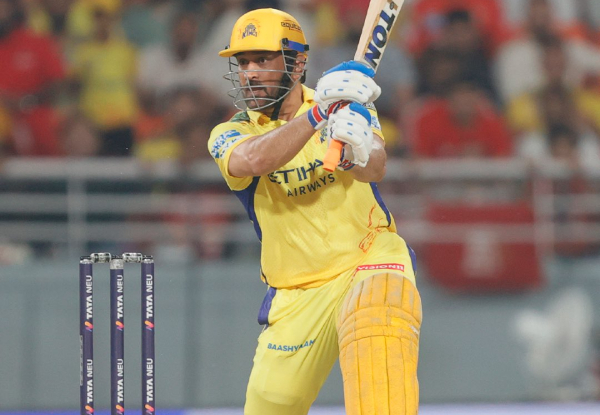Euro 2016: Russia may be handed suspended disqualification, may lose on hosting 2018 FIFA WC
[caption id="attachment_16236" align="alignnone" width="580"] Russia fans in trouble after creating violence. Image Source: independent.co.uk[/caption]
Internet Desk: Rampaging football fans have opened up a new sporting crisis for Russia as it battles doping scandals and doubts about the World Cup that it will host in two years.
Russia fans in trouble after creating violence. Image Source: independent.co.uk[/caption]
Internet Desk: Rampaging football fans have opened up a new sporting crisis for Russia as it battles doping scandals and doubts about the World Cup that it will host in two years.
Russia will be disqualified from Euro 2016 if there is further crowd trouble at their remaining tournament matches.
Uefa, European football's governing body, has given Russia a suspended disqualification and a 150,000 euro (£119,000) fine for disorder at the game against England in Marseille. Russia were also charged for fan racism and lighting fireworks at the game. Groups of Russia fans are being deported from France after repeated scenes of violence at Euro 2016. Sanctions that UEFA is considering against Russia over pitched fights, racist chants and fireworks hurled around the European Championship game against England have been a new blow to Russia's reputation. Images of fans preparing for battle with gum shields and batons, charging through Marseille's old town with chairs over their heads ready to throw have gone around the world. Women and children were among the England supporters who had to flee over barriers when Russian fans launched a charge inside the Stade Velodrome stadium at the end of the 1-1 draw. Only Russia faces formal charges however. Europe's governing body is to announce a first punishment on Tuesday. Russia's Sports Minister Vitaly Mutko has predicted his country will merely be fined. But there is a lot of damage limitation to be done. Mutko is already struggling with international inquiries into doping in Russian athletics and other sports. The International Association of Athletics Federations is to decide on Friday whether to readmit Russia into international competition so it can take part in the Rio Olympics in August. Following accusations of "state-sponsored" doping in athletics, Russia is also under investigation by the World Anti-Doping Agency over allegations that doping samples were fixed at the 2014 Sochi Winter Olympics. Swiss prosecutors are also still probing how Russia was awarded the 2018 World Cup as part of their look at FIFA's affairs. Mutko knows he has a job on his hands to convince the football world that all will be well in 2018. Russia's fans "are disgracing the country and think this is normal," he said. "As hosts of the future world championship, we must preserve our image and people shouldn't spoil it," he added. Racism is commonplace at Russian football matches. Fans have thrown bananas at black players and Zenit St. Petersburg's Brazilian striker Hulk, has repeatedly complained of being a target of racial insults at Russian league matches, including monkey chants. A 2014 law punishes fan violence with up to eight years in prison. A draft law submitted to parliament last month that would set up a blacklist of violent fans who would be barred from sporting events. "Some people won't like this of course, it is extra money for stadiums, but security is the most important thing," the head of the Russian lower house of parliament's sports committee, Dmitry Svishchev told R-Sport news agency. He added that the events in Marseille had forced Russia "to think seriously: how will things go in our country, what do we have to do to avoid a repeat of this?" However some Russian fans and officials have indicated they do not care what foreign bodies do or think. Igor Lebedev, a member of the Russian Football Union executive and a deputy speaker of the Russian parliament, encouraged the country's fans to fight England rivals. Lebedev, a member of the ultra-nationalist Liberal Democratic Party, said on Twitter: "I don't see anything wrong with fans fighting. Sports commentator and former player Yevgeny Lovchev told AFP that the 2018 World Cup "is not just Russia's problem," and that other countries will have to be involved in security. Hooliganism experts in Europe have worries about the World Cup. John Williams, a sociology professor and expert on hooliganism at Leicester University in England, said the lack of control on access to match tickets in Russia was a serious problem in its fight with hardcore troublemakers. "Of course, what happened in Marseille is very negative publicity for the prospects of the World Cup in Russia." But he said there would be fewer foreign visitors in Russia in 2018 than at Euro 2016. Short trips to Russia would be "more expensive and less seductive" for European fans.


23.jpg)
22.jpg)
